How to mentally prepare yourself for a swim race
- 7 Jan 2019

You've put the hard effort in during those tough training sessions in the pool, but what about your preparation for race day itself?
Getting yourself mentally prepared in the final 24 hours before a big swim meet is just as important as the physical preparation you've worked so hard on in the preceding weeks and months.
All of your good work in the water could be undone if your head isn't in the right place during those final crucial moments before you walk out to the starting block.
The famous Benjamin Franklin quote sums it up perfectly: "By failing to prepare, you are preparing to fail."
Distractions, doubts, worries and nerves can all play on a swimmer's mind in the hours leading up to a big race.
While it may feel otherwise, these nerves aren't necessarily a bad thing. It shows you're desperate to do well, and you're putting pressure on yourself to make all the sacrifices you made during training worth it.
What's important is to try and cleanse your mind of any nagging doubts or distractions, and there are several ways in which you can do this in the 24 hours before your race.
Of course, all swimmers are individuals, so what works for some may not work for others.
But we've come up with five top tips for pre-race mental preparation that you can try, to help make your pre-race preparation a less stressful experience.
5 ways to mentally prepare yourself for a swim meet
1) Set realistic goals
When looking ahead to a race, it's quite understandable that your first thought is about what position you want to finish in.
But according to Speedo sports psychologist Julie Johnston, a better approach is to set your target based on your performance rather than finishing position.
When you're in the pool, your performance is the one thing that is completely in your own hands. Targeting a particular position depends on the performances of other swimmers, which you can't control.
"While this (a finishing position) is a good goal to set, it's not the best goal to focus on because it depends on how other people perform," said Julie.
"A better goal is one that is focussed on your time that you want to achieve. In order to achieve that time, it's important to think even more about the processes that you can break swimming down into."

Julie suggests breaking down your swim into several key processes, which you can then set specific goals for.
- A good start
- A good breakout
- Good turns
- Holding a steady stroke rate
- Strong finish
"Once you have these goals in place, make sure they are SMART goals," says Julie. "These are what you can then focus on both in your training prior to the event, in the warm-up of the event, and when you're stood behind the blocks waiting to compete."
To be a SMART goal, they must meet the following criteria:
- Specific
- Measurable
- Achievable
- Realistic
- Time-focussed
The important thing to remember is to focus on the things you can control, not the things you can't control. For example, you can control your start and turns. But you can't control the start and turns of the swimmer in the next lane to you.
2) Get your nutrition right
Another thing you can control in the 24 hours before a race is your nutrition plan.
During your training sessions, you'll have discovered what foods and sports nutrition methods work best for your body's energy levels.
It's important not to eat anything different in the build-up to a race.
You just don't know how your body is going to react to a new food and, even if it copes perfectly well with it, the worry that it might not will cause unnecessary worry and anxiety.
Stick to exactly what you know, and what works for your body. That goes for the amount of time you leave between eating and swimming, as well as the types of food and drink you consume.
By sticking to your trusted and proven nutrition plan, you remove any nagging doubts from your mind which will allow you to concentrate on your performance.

3) Prepare your kit the day before
One of the main causes of unnecessary pre-race stress is being in a hurry on race morning.
Desperately hunting for that essential piece of kit, paperwork or energy bar can leave you feeling extremely flustered and is definitely not the way to focus on the race ahead.
Many swimmers will like to pack their race-day swim bag the day before race day.
That way, you know it's all done before you go to bed, leaving one less thing to think about and enhancing your chances of a good night's sleep.
Another good technique is to have a pre-race checklist, to make sure you don't forget any of your race essentials.
As you pack your bag, tick off the items on your checklist so you can be 100% sure in your head that you've got everything.
Another reason for doing this the day before a race is that it gives you enough time to get new items if you suddenly discover your out of a particular item.
It might be something as small as an energy bar, a sports drink sachet or some anti-chafing balm, but being without it on race day will play on your mind.
By realising the day before that you haven't got what you need, you've still got plenty of time to get some more without having to rush around on the morning of the race.

4) Visualise the race in your head
Visualisation is a preparation technique used by many top swimmers, and requires a total state of relaxation.
Visualising your race isn't just a technique for the night before a race. It can be used at any time. In fact, the more it used, the more effective it will become.
Michael Phelps and his coach Bob Bowman are huge advocates of mentally preparing for a race in this way.
Bowman explains the theory behind visualisation, and how it helped Phelps become such a dominant force in the pool, in the video below.
Bowman said: "Once you can put yourself in a relaxed state, it's like watching a movie. Sometimes it's like your sitting in the stands watching yourself swim, and sometimes it's like you're in the water swimming.
"The key to visualisation, it has to be very vivid, it has to be rehearsed many many times. The reason it works is because the brain cannot distinguish between something that's really vividly visualised and something that's real.
"So by the time Michael steps up on the block to swim a race in the World Championships or Olympic Games, he's swum that race hundreds of times in his mind before.
"When he gets up, all he has to do is shut everything down and it goes on auto-pilot. His body automatically knows what to do, the brain just switches in to what he's visualised."
Phelps added that visualisation can not only be used to visualise the race, but also the potential things that could go wrong such as your suit tearing or your goggles leaking.
The Olympic legend recommends visualising these three key areas of the race:
- What you want it to be
- What you don't want it to be
- What it could be
"It's like you're always ready for anything that comes your way," said Phelps. "Any small thing that could go wrong, I'm ready for it."
5) Get in the zone
It may sound a cliche, but 'getting in the zone' before your race is vital.
Once you've followed the tips above and cleansed your mind of any niggling worries or distractions, you'll find it far easier to do this.
How you do it is purely down to personal preference. Many top swimmers will put their headphones on and listen to their favourite music.
Others may employ breathing techniques to help them relax.
Sports psychologist Julie Johnston recommends practising relaxation techniques all the time, rather than just employing them on race day and hoping for instant results.
"Practice them before competition, and use them on the day of the competition," she said. "A simple breathing technique, where we take a deep breath in and hold back for a count of three before a long breath out, is something that can allow us to feel much more relaxed."


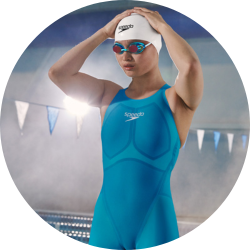



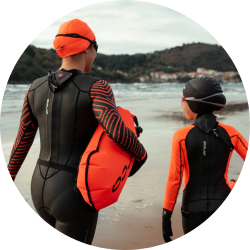

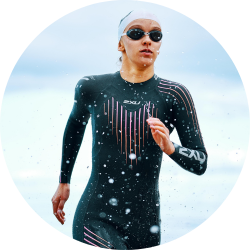

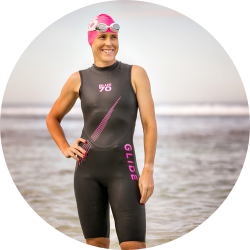




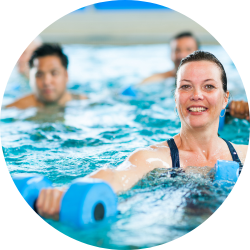































































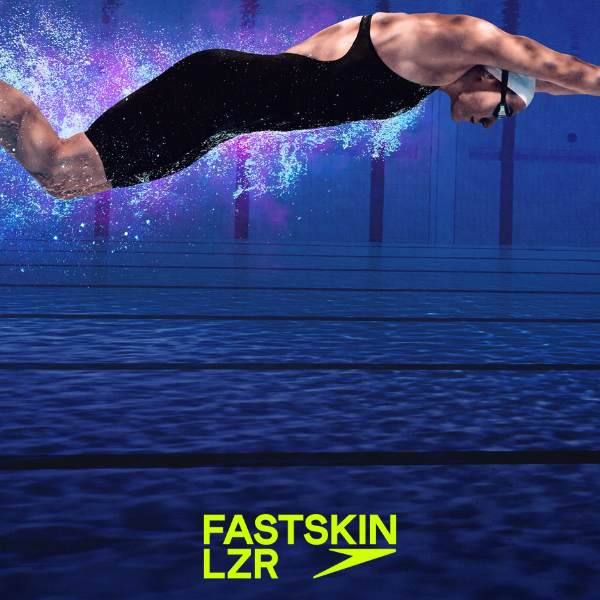
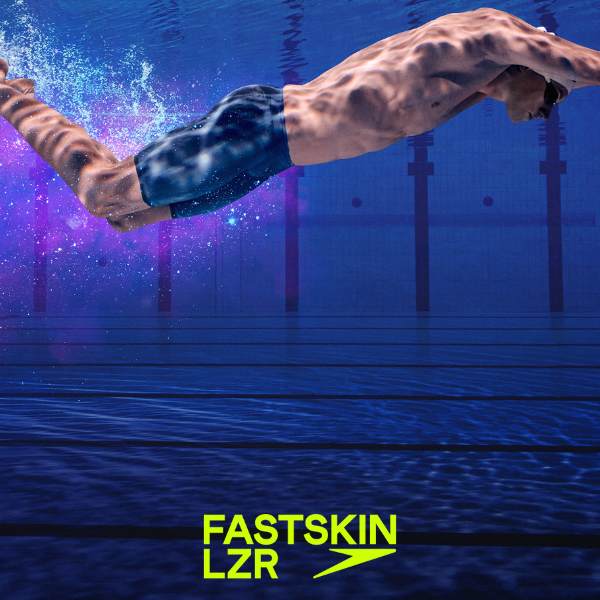




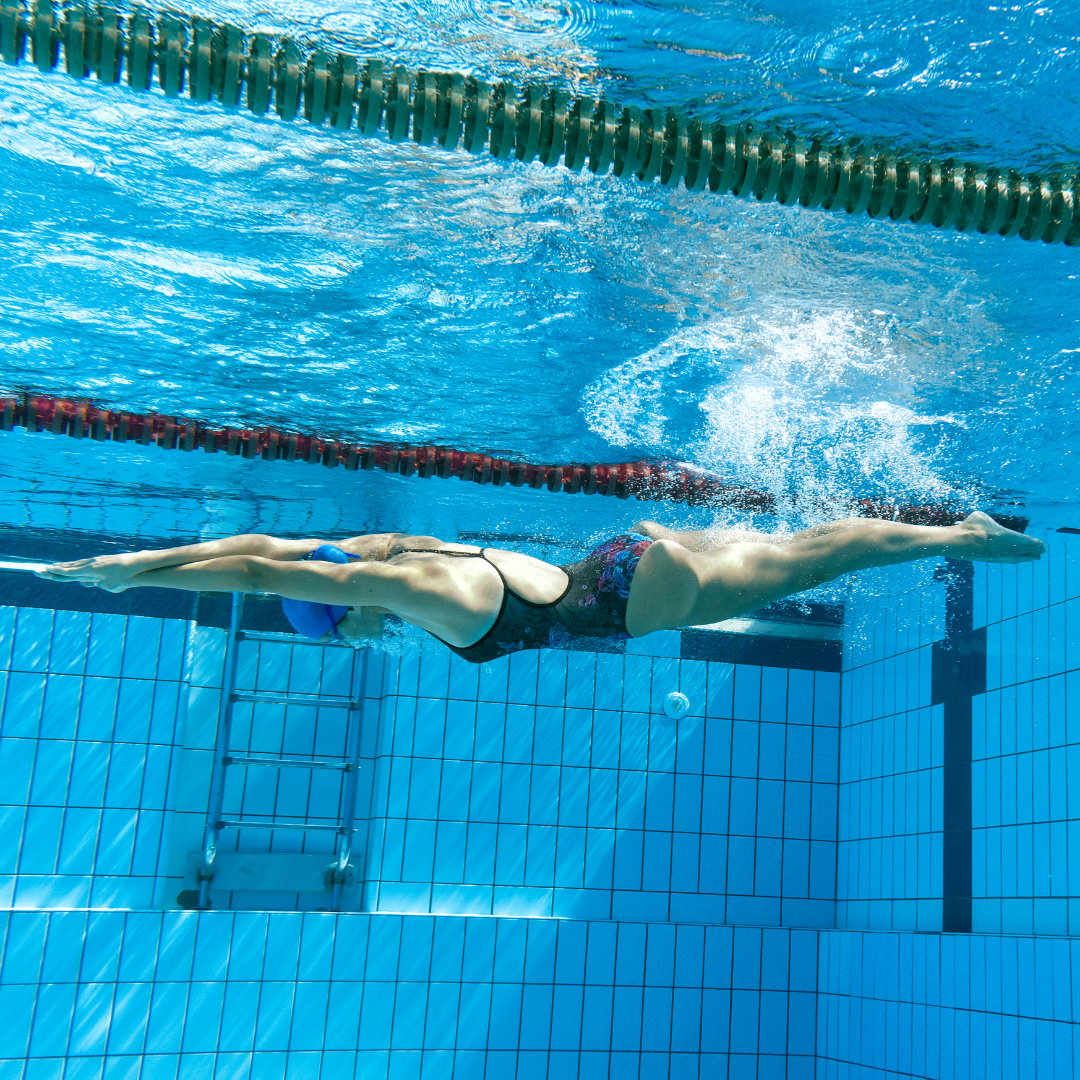



Validate your login